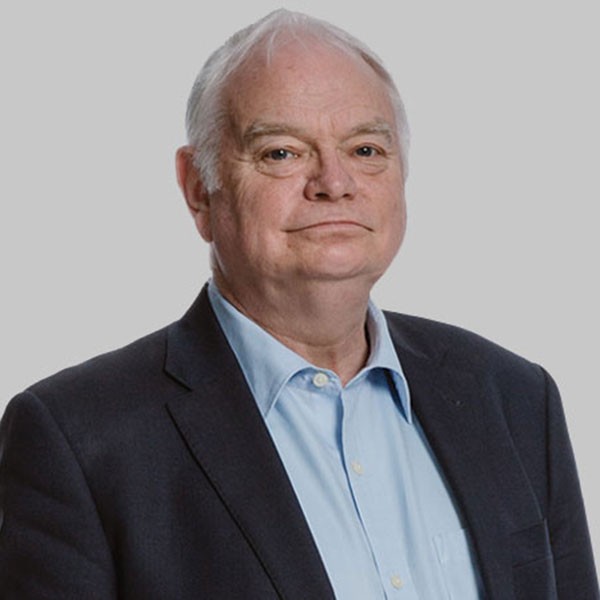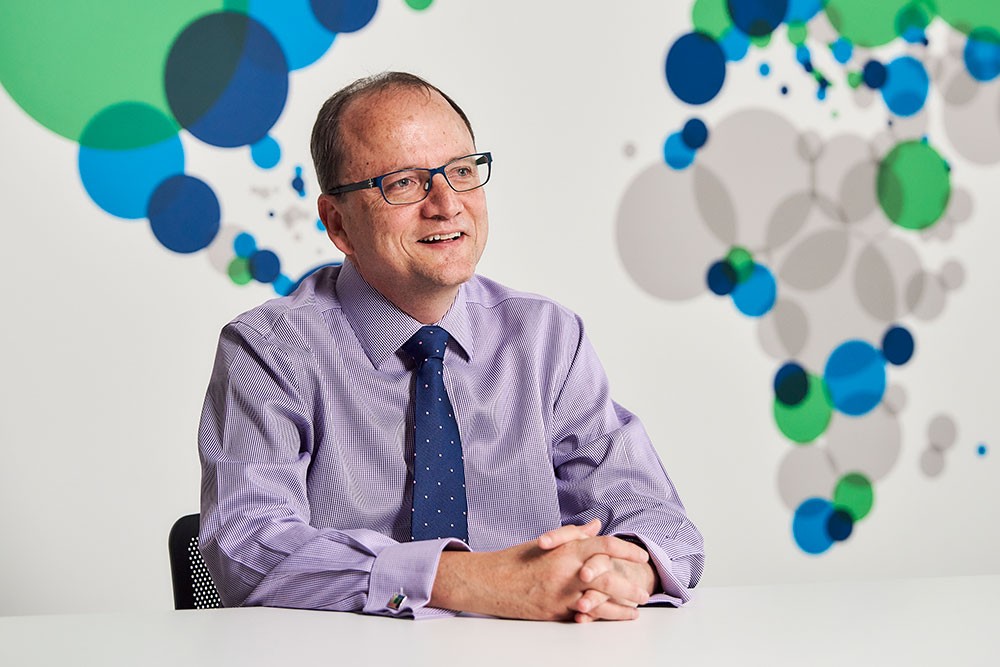
There is a feeling, as we all keep our heads down until the arrival of vaccine freedom, that we have somehow been forced to migrate to a more serene world.
We have moved out of polluted cities and now work from home. We no longer travel by air. We communicate with our colleagues only by screens. A friend jokes that his car now runs on three months to the gallon. And if we could only pin down the secrets of this return to a golden land, we could live reformed lives when it is all over.
It is nonsense, of course, but that should not cloud our eyes. Enormous change is both possible and is happening. Covid drives a revolution not only in science but also, for example, in the way that the health service runs itself.
It is a question of ‘building back better’ as Anshula Kant, managing director and CFO of the World Bank, said the other day. ‘The huge loss of human capital needs to be addressed.’ She was speaking at the start of the annual summit convened by the Accounting for Sustainability project.
The great reset
Normally the event is a couple of high-powered days at Clarence House, London. This year it ran online across two weeks. And it showed that ‘the great reset’ proposed by the World Economic Forum is triggering an astonishing upsurge of rethinking.
‘This is an historic moment,’ the summit attendees were told by Mark Hawkins, president and CFO of software giant Salesforce. ‘Business is a great platform for change.’ It is the sort of breezy and positive thing that people paying homage to sustainability goals have said for ages. But this time it could be coming to fruition.
The pandemic is exposing the urgent need for change. As Paul Polman, the famously thoughtful one-time CEO of Unilever and now co-founder of Imagine, an agent for change in the corporate world, pointed out, it shows that ‘healthy people on an unhealthy planet’ isn’t going to work.
It is through the changes in the private sector and the business world that the energy to bring about the reset is spinning upwards. ‘Accountants will change the world,’ Polman told summit attendees. Now is the time to ensure that corporate structures allow this new world to come through.

The old idea that directors were recruited because of long years of experience and skills is over. All that is seen as old baggage
Inclusive boards
It is an upward pressure. As Mervyn King, the veteran corporate governance guru, told the summit, a more inclusive capitalism needs a much more inclusive governance model. Change no longer comes from above. ‘The trickle-down from the top became treacle and stuck at the top,’ he said.
Speaker after speaker agreed. Boards are facing dramatic change. The old idea that directors were recruited because of long years of experience and skills is over. All that is seen as just so much old baggage.
Boards need to take a broader approach. Directors need softer skills and creative leadership. They need an ability to learn and collaborate. CFOs need to be transformed into chief value officers. Sustainable Development Goals provide a foundation and a framework to deal with all the risks that a business currently faces. Directors need to update their skills.
In the words of Veronica Poole, the global IFRS and corporate reporting leader at Deloitte, there is a need to ‘backfill existing professionals’, which sounds quite painful. But in a changing Covid-upturned world, this rapid transformation of attitudes is already happening. ‘The directors are the conscience of the company,’ King pointed out.
A young assistant professor from Imperial College Business School, Mirabelle Muûls, hit the nail on the head. ‘It is exciting to think about new things,’ she told the summit, ‘particularly after what we have been through.’




